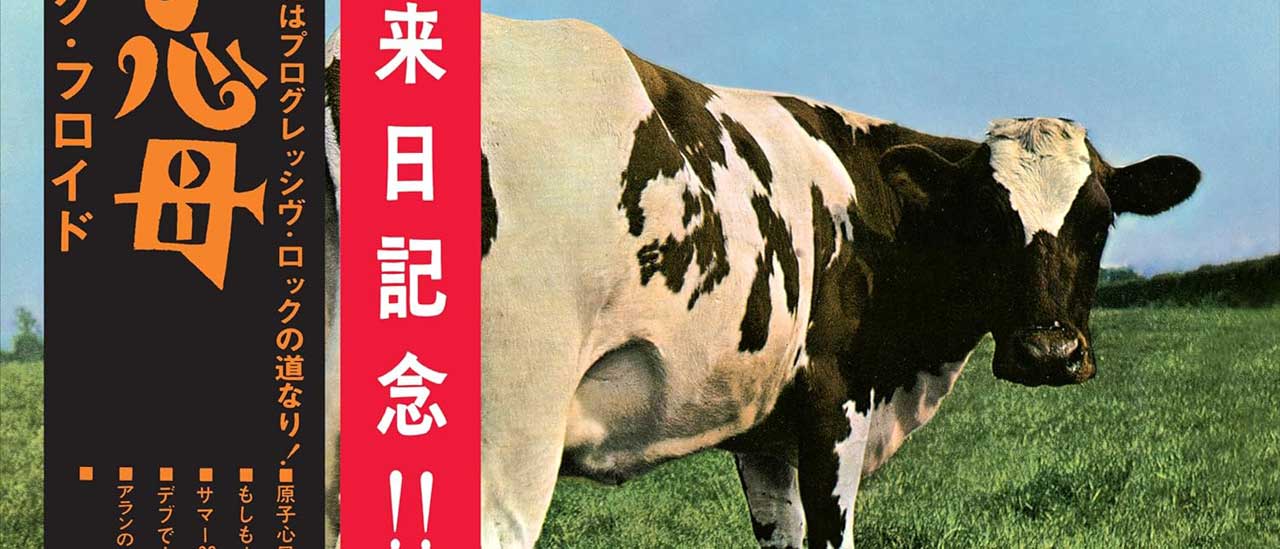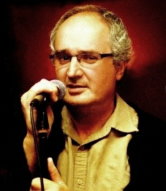You can trust Louder
Famously, the band claim not to be too fond of their fifth studio album (and first to go to Number One in the UK). "A really awful and embarrassing record," said Roger Waters. “[It was] a load of rubbish,” said David Gilmour, in a rare show of solidarity.
Released 2 October 1970, Pink Floyd’s first album not to feature the band or their name anywhere in the album packaging, Atom Heart Mother makes for odd but compelling listening 50 years later and must be one of the oddest records to ever top the UK charts.
The first side is a six-part instrumental orchestral suite, spliced together out of Gilmour’s layered guitar, choral vocal excursions, pulsebeat keyboards and various sound samples. Those psychedelics must have been quite something! Due to studio restrictions, Waters and Nick Mason played the bass and drums for the entire 23-minute track in one take.
There’s plenty to explore and spark the imagination here though, not least because in its dense, encrusted magical melee, the listener can hear distinct traces of what was to come – specifically, the second side of the follow-up album Meddle, and various sounds and motifs later used on The Dark Side Of The Moon. (No, not the French Horn-led brass sections.) (Which are ace, by the way.)
The second side starts off exquisitely with Waters’ ballad ‘If’ – channelling Velvet Underground through a folk filter into quite a beautiful lament – followed by the Kinksian Summer ‘68 and a forgettable Beatles-esque Gilmour track, before trailing off into the frankly unlistenable 11-minute Alan’s Psychedelic Breakfast – a ‘humorous’ track inspired by and featuring roadie Alan Styles discussing and eating breakfast. In fairness, some fans list this as among their favourite Floyd songs, loving its doleful English whimsy. There again, fans will love anything – right?
Either way, it’s a rather peculiar end to a rather peculiar album.
The reissue comes as a rather lovely two-disc package in a 7-inch gatefold sleeve, containing the album on CD and a Blu-ray featuring a (long thought lost) concert film from Japan’s Hakone Aphrodite in August 1971, and a behind-the-scenes mini-documentary. The set includes a replica Hakone Aphrodite pamphlet, show poster etc, and a 60-page photo book.
The latest news, features and interviews direct to your inbox, from the global home of alternative music.
Everett True started life as The Legend!, publishing the fanzine of that name and contributing to NME. Subsequently he wrote for some years for Melody Maker, for whom he wrote seminal pieces about Nirvana and others. He was the co-founder with photographer Steve Gullick of Careless Talk Costs Lives, a deliberately short-lived publication designed to be the antidote to the established UK music magazines.


